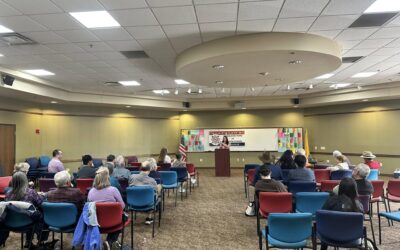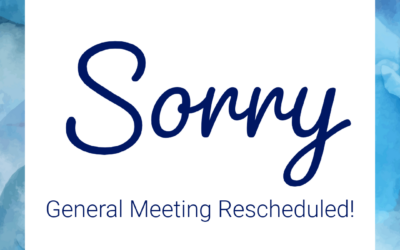Moments after the Biden/Trump debate ended, I heard former FOX News anchor Chris Wallace respond to a question from a fellow commentator about how Biden might best recover from the disastrous evening. His answer was terse but struck me as entirely accurate: “You don’t recover from something like this.” As a Democrat, Wallace’s appraisal struck me as devastating but obviously, unignorably correct.
I shot off texts to a few of my fellow Democrats echoing Wallace’s comment and was genuinely astonished at the immediate pushback I got. One colleague pointed out to me that Biden had clearly earned a place on the ticket. Another said it was obviously too late to make a change. A third made the point that the Democrats couldn’t survive the intra-party turmoil that would surely ensue.
For three weeks, I watched the debate over Joe Biden’s best move occur not only on the national stage but also within my own social circle. More than once over that time, I found myself wondering: “Why aren’t these people able to see something that is so clear and so obvious to me?”
For those of us with an inclination to engage in politics, some variation of that question comes up regularly over drinks with friends or over the dinner table. And the answers we all reflexively tell ourselves are often predictable: Our political opponents are uninformed. Or they’ve got ulterior motives. Or they’re not arguing in good faith.
When the person making the argument you oppose is a member of the other team (so to speak), those answers are so easy to reach for when you’re certain that your position is correct. After all, what else could explain something that you perceive to be so manifestly true?
But as the Biden earthquake played out, none of those explanations was available to account for the yawning gap that had opened up between my fellow Democrats and me about the party’s best strategy for addressing what happened at the debate. These were people I knew well. They knew as much about politics as I did. They wanted the best outcome for the country, for the Democratic Party, and for Joe Biden, just as I did. And that apparent conundrum led to an insight that is obvious but so often overlooked: It is entirely possible for two good people to reach entirely different conclusions in good faith when arguing about the same set of facts.
Now that the dramatic and poignant Biden farewell has morphed into a remarkable and enthusiastic Harris campaign launch, I am back to being on the same page with my fellow Democrats… at least, most of the time. But the idea that people I disagree with might be just as well informed as I am and making their arguments in good faith and just as sincerely as I am is an idea that’s worth continuing to embrace. In politics, of course, it’s an idea that might be wrong more often than its true but it’s certainly a much better place to begin our conversations than the idea that Americans on opposite sides of the partisan divide are destined to be eternal and unreconcileable enemies.



